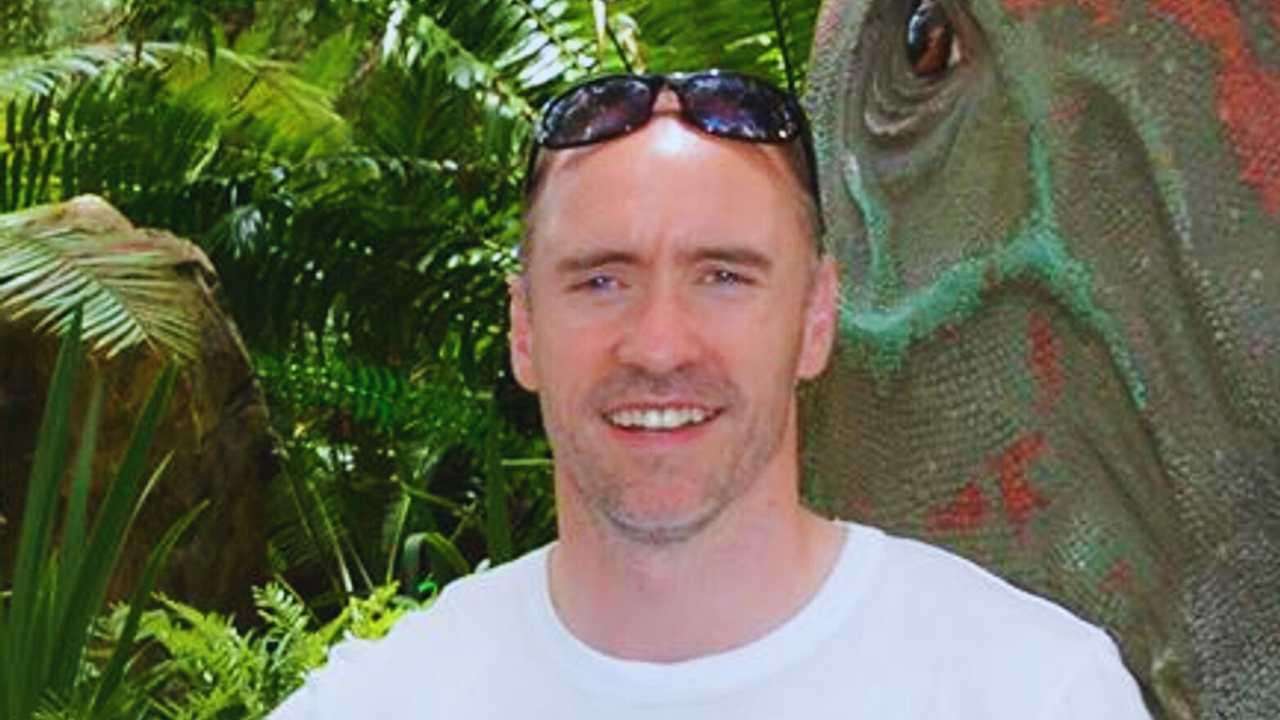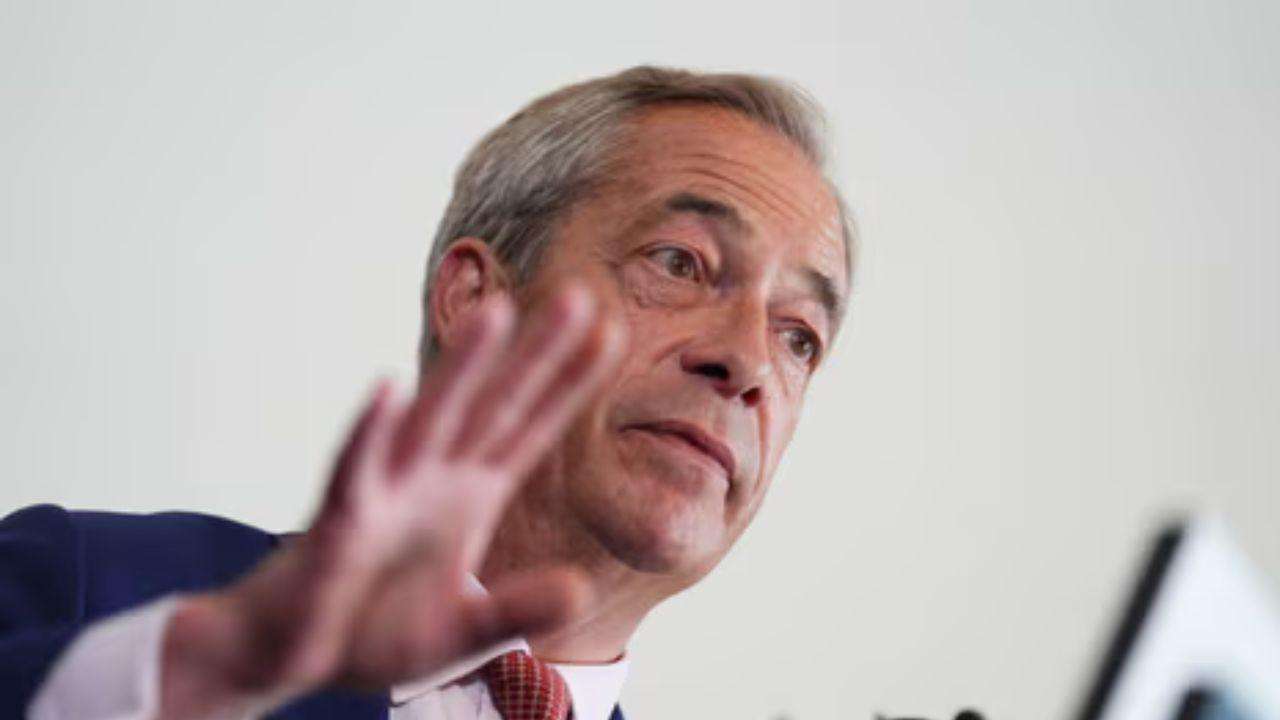Sinclaire had been elected as a Ukip MEP in 2009 but was expelled over her rejection of the party’s membership of the wider Europe of Freedom and Democracy group, which Farage had championed despite the bigoted views expressed by some of its members.
On 12 March 2014, her longstanding frustration over the Ukip leader’s use of parliamentary allowances bubbled over. She raised a question with him in the European parliament in Strasbourg.
“With unemployment still a problem across Europe and and indeed across the UK, does Mr Farage thinks it is a fair use of taxpayers’ money, namely his secretarial allowance, not only to employ his wife, Kirsten, but his former mistress Annabelle Fuller? Is this a responsible use of taxpayers’ money, Mr Farage?”
He later claimed the allegations were “nonsense” and “malicious”.
The genesis of Sinclaire’s question, made under parliamentary privilege which gives her protection from the defamation laws, lay in Farage’s insistence in 2004, shortly after his election as leader, that Ukip MEPs would not employ their partners, a policy that he had personally and quietly ignored. He had also promised to hand over the extra unspent allowances he received as an MEP to the party’s central coffers.
“Of course, when he got elected he didn’t want to give the party any money unless he has control of what it was saying,” Sinclaire said. “An MEP can legitimately claim about €200,000 (£169,000) a year. So it’s a huge amount of money.”
A Farage spokesperson described this allegation among others as “historic comments from people with an axe to grind”.
The woman at the centre of that scandal, who had been his closest adviser, press aide and speechwriter, now involuntarily shakes at the mention of Farage’s name.
At the time, Fuller and Farage vehemently denied they were in a romantic relationship.
She only admitted in an interview in 2017 that they had been having an on-off affair for more than a decade. She changed her name to Trixy Sanderson eight years ago in an attempt to draw a line under an unhappy period.
“He is a narcissist,” Sanderson said. “I’m not a doctor but people are disposable to Nigel. When you are in his good books it feels like a great place to be, but then he chips away at your confidence. For me, it was: ‘Well, no one else will employ you.’ You know: ‘You can’t have a relationship with anyone else because they will only want to know about me.’ And then it’s his way or no way, which I am sure Richard Tice [the former leader of Reform] is finding.”
She added: “I mean, the thing is, he is incredibly charismatic. He is a brilliant communicator, but, but he’s also very dominating. If he’s angered about something, that’s it, you are shut out. And he’s never wrong either.”
Announcing his candidature and leadership of Reform, Farage explained that he had decided to stand after being approached by people disappointed with his previous decision not to do so.
Ann Widdecombe, 76, a former MEP for the Brexit party, Reform’s previous name, said Farage had been under “massive pressure” to rethink his position. Gawain Towler, 56, one of a handful of confidants who have loyally worked with Farage for decades, and is Reform’s director of communications, said he had been with Farage in Skegness when the pivot was made.
“It was people basically saying [to Farage]: ‘Really pleased to see really good campaigning but why aren’t you leading it? You are letting us down, mate,’” Towler claimed.
Hermann Kelly, the president of the anti-immigration Irish Freedom party, who was also a press aide to Farage for years in the European parliament, claimed his former boss was genuine in being driven by his belief in social conservatism and a small state, citing JS Mill’s On Liberty as an inspiration. “I remember him making a comment to me: ‘Nice suit, clean shoes, on parade,’” Kelly, 55, said. “This whole idea: we’re in a war of ideas and the suit is the same as a uniform.”
It had not been without cost, he said. Farage was lucky to survive when his two-seater plane towing a “Vote Ukip” banner crashed in Northamptonshire in 2010, and he is said to still struggle with the injuries. Kelly said he had seen Farage cry twice. Once when talking about the difficulties of being away from his four children, to whom he remains close, and on a second occasion when he was shown an article in Conservative Woman in appreciation of his work. “We were in the smoking room in Brussels, and he says: ‘That’s the nicest thing anyone has ever written about me,’” Kelly recalled.
It was undeniable Farage could be politically ruthless, Kelly conceded. “If a job had to be done, Nigel would make sure that the job was done,” he said. But he was effective. Kelly added that when he was working with him, Farage had saved just six numbers in his mobile phone and for a long time struggled to send a text, but that he was quick to see the value of YouTube, TikTok and X, for which he dictates messages to his press aides.
Farage’s YouTube channel, which has 379,000 subscribers, is just outside the top 1,000 most popular in the UK, according to analysis by Who Targets Me, and he is said by friends to be “obsessed” with his metrics. A spokesperson for Farage said: “Nigel is back because there is a gap in the political market.”
Sanderson, who now works in medical technology, said she was not looking forward to seeing more of Farage in the media. He had become more of a “white nationalist over time”, she said. “He used to talk about trade and fishing and now it is all immigrants.” She said she thinks she understands why he has made his comeback.
“He had serious fear of missing out. Because he was campaigning he wasn’t able to do his GB News show because of Ofcom rules,” she said. “So, all of a sudden, the spotlight’s gone, right. And I think, in fact I know, he would have also thought, ‘No one else can run a campaign like me’ – and that’s probably true.”








.svg)

